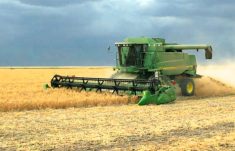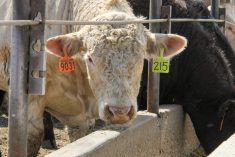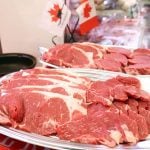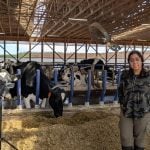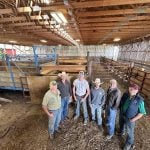Glacier FarmMedia — The number of cows in the provincial herd is not necessarily the best measure of a successful industry, said the president of the Saskatchewan Stock Growers Association.
Yet that is the focus of public policy, even as many producers enter another drought year and could be looking at downsizing.
“As a primary producer, I’m not convinced that more cows equals a better outcome for us,” Jeff Yorga told the organization’s annual meeting.
Read Also
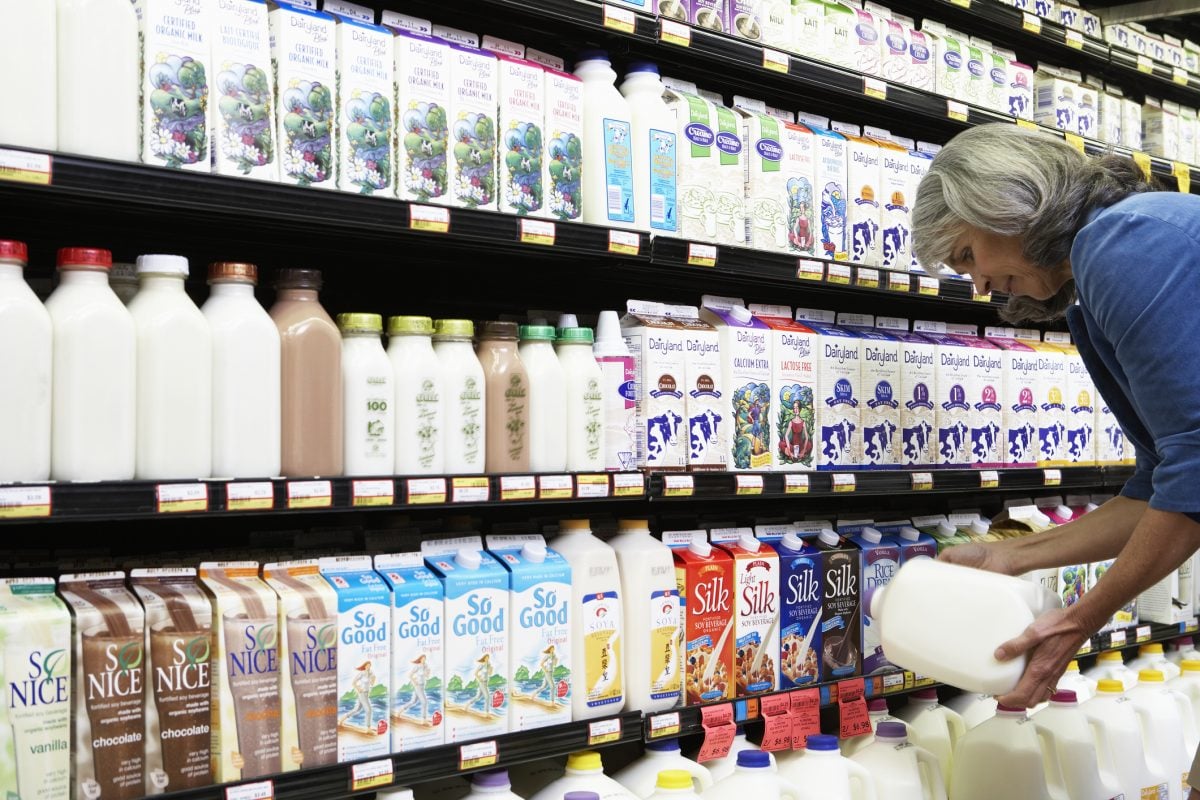
Trade tensions boosted confidence in Canadian food system, report shows
U.S. tariff threats have boosted Canadians’ view of the nation’s food system according to the 2025 public trust report from the Canadian Centre for Food Integrity. Trust in Canadian farmers remains high but has been eclipsed by trust in scientists.
Instead, profitability, younger producers entering the business and keeping grass from being ripped up for grain land are all measures of a successful, healthy industry, he said.
SSGA calls for permanent tax deferral program
Yorga said the SSGA is working to change the policy mindset.
“We grow grass and the cows turn it into protein, and the only way to save the grass in a drought is you have to be able to move the cows,” he said in an interview.
“So when we think about metrics, having policy that is designed to keep the cows around doesn’t keep the grass around.
“What ends up happening is things get exacerbated because the owner wasn’t able to make a clear decision when drought first happened.”
He pointed to Australia, where if it doesn’t rain by a certain date, producers begin to sell off cattle immediately. If and when it rains, they buy back in.
That’s why he introduced a resolution calling for a permanent, 10-year tax deferral program so producers who have to sell because of drought aren’t forced to buy back in at a higher price. Right now, tax deferral areas are announced by the federal government each year. That resolution was passed.
Yorga also said the high prices and strong demand in the industry right now are positive for those who are still in beef production and for those who want to get out.
“I’m not comfortable saying that we need more cows, given the situation that we’re in right now. Bigger picture, I don’t see the herd growing at all this year,” he said.
Detriments of lower cattle numbers
Saskatchewan agriculture minister Daryl Harrison said he had heard Yorga’s message and would consider it.
“I always keep an open mind,” he said.
Saskatchewan Cattle Association chair Chad Ross also addressed the meeting and pointed out the detrimental effects of lower cattle numbers.
SCA collects the provincial and national beef levies, at $2 and $2.50 per head, respectively. Ross said total collections were down about $406,000 last year and are expected to drop another $600,000 this year.
The provincial portion is set to rise 75 cents as of Aug. 1 after extensive debate about raising it to $1.50.
SCA has already cut staff, research spending and third party funding.
“We want to stay positive, but we’ve got work to do to represent our producers. If we’ve got a million less dollars to do the marketing, to do the research, to do the advocacy, it’s tough,” Ross said.
He said producers are doing well and able to pay down debt due to the strong prices, but a 30 per cent decrease in marketings means that $1.50 is probably going to come back into play in future.
The Canadian Cattle Association gets 53 cents out of the $2 provincial levy, and it also had budgetary concerns. Saskatchewan director Lynn Grant told the meeting the organization has begun using a reserve fund it accumulated during the COVID-19 pandemic when travel was curtailed.
“In about four years’ time, it’s going to be crunch time,” he said.
Then, CCA will have to cut back activities or seek a revenue increase. He noted that Canadian producers pay less than one-quarter of one percent in checkoff compared to other commodities that pay more.
Grant also suggested that SCA will need the full 75-cent increase to keep operating.
Yorga said associations may have to look at how they are spending the money they have. SSGA is a voluntary membership organization. The provincial checkoff collected by SCA is refundable, but the national portion is not.




